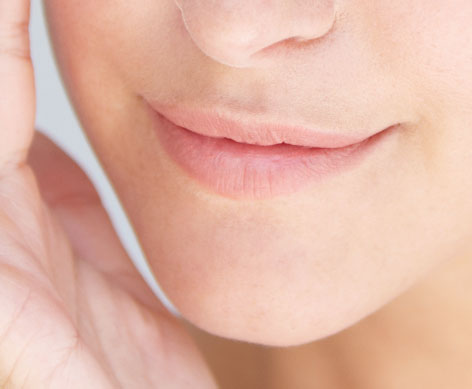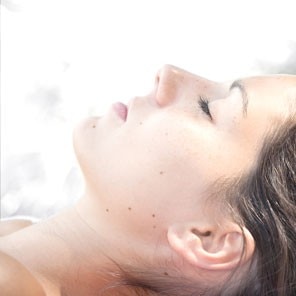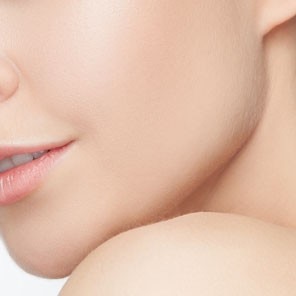Dryness and dehydration
Whatever your skin type, specific factors might trigger or lead to oversensitivity: Your skin reacts strongly when you’d rather it didn’t…

What is dehydrated skin?
Whether you have naturally dry, combination, normal or oily skin, it can become dehydrated by environmental aggression.
Skin type
Certain types of skin are naturally better hydrated or less dry than others. Dry skin, whether simple xeroses, xeroses from atopic dermatitis, or ichthyosis, contains much less water than normal skin. This dryness is caused by irregularities in lipid (ceramides) or protein metabolism (proteases, filaggrin) or even by epidermal differentiation problems.
Simple xeroses are the most common. These are easily corrected by applying emollients.
Senile xerosis: is more pronounced on the limbs.
Winter xerosis occurs when simple xerosis is intensified with cold and wind.
Induced xerosis refers to skin dehydrated by cleansing products that contain overly harsh surfactants (soaps). In the same way, irritant treatments (retinoids, fruit acid) dry out the skin.
Dry skin disorders:
Atopic xerosis: atopic dermatitis or infantile eczema includes dryness of the skin that is more or less intense. Linked to structural irregularities in the epidermis, this type of dryness is responsible for the penetration of allergens and for water loss through the epidermis.
Ichthyoses: these are rare genetic or acquired diseases, with varying severity
Some severe nutritional deficiencies can provoke or worsen dryness of the skin.
Some general diseases can cause the skin to become dry.


